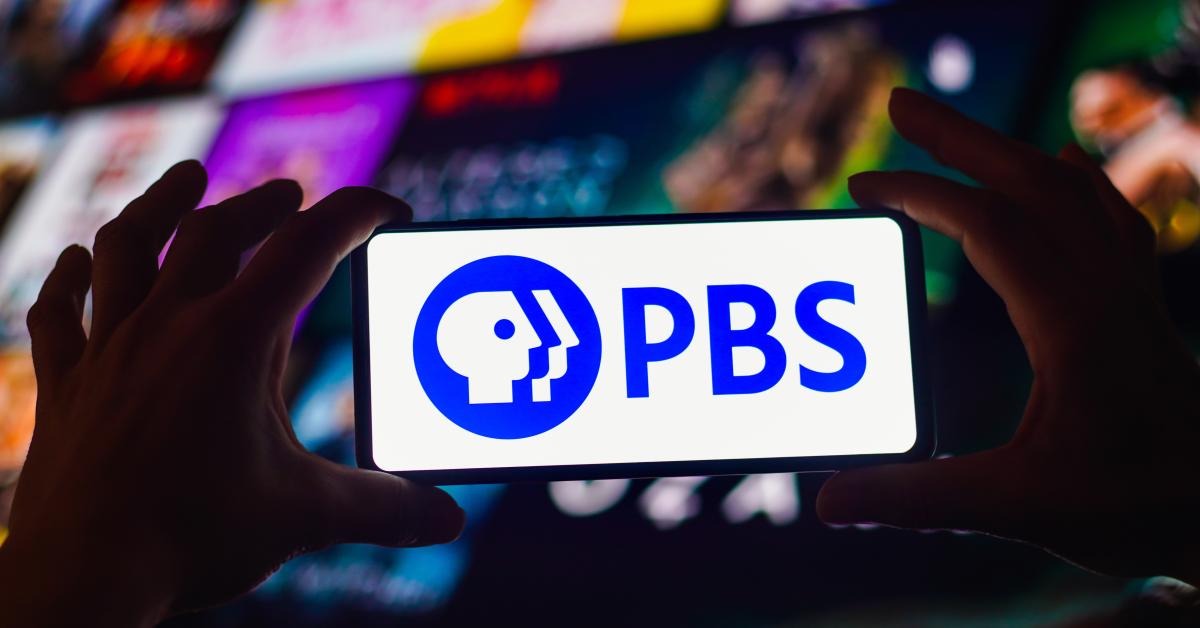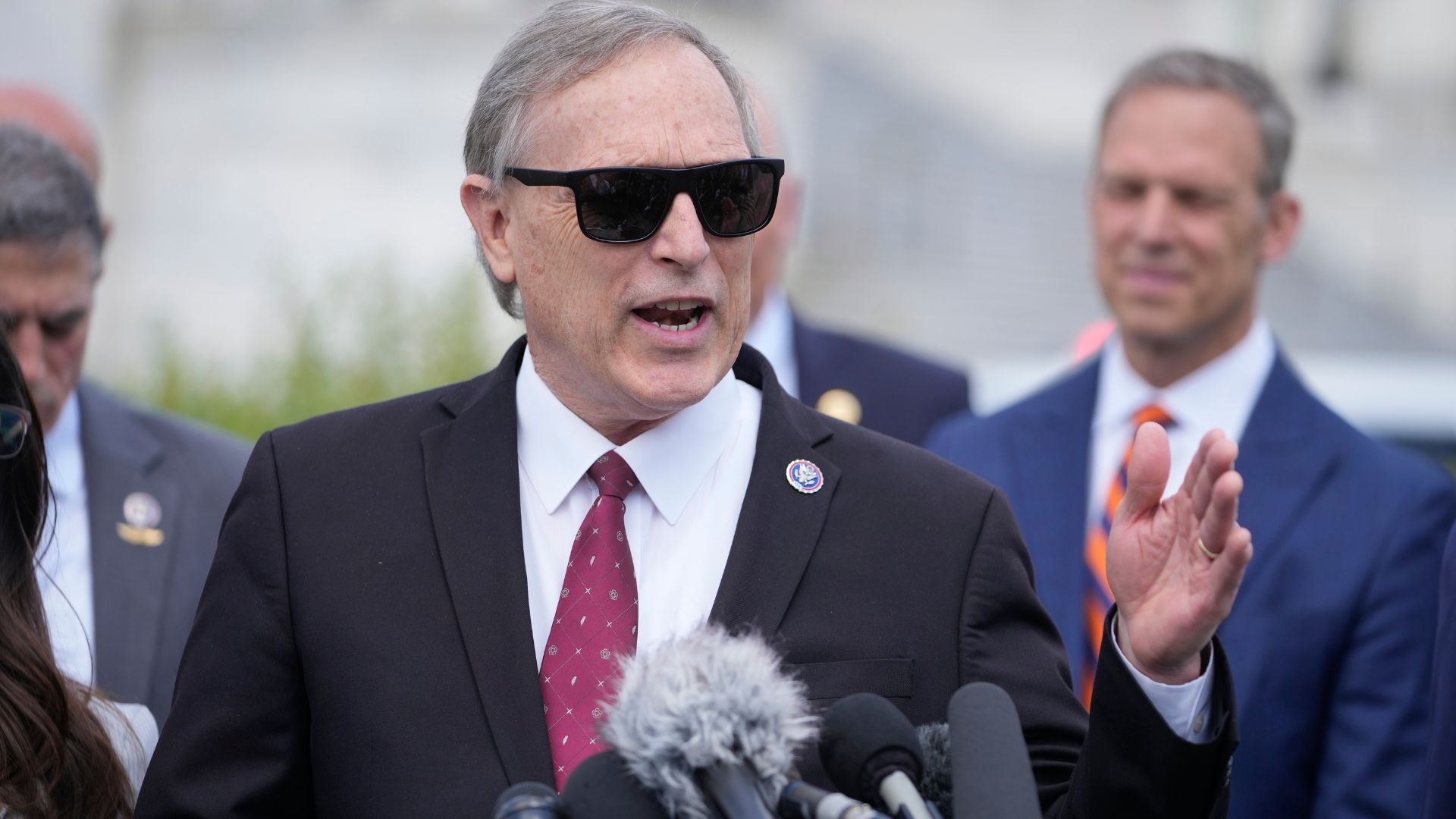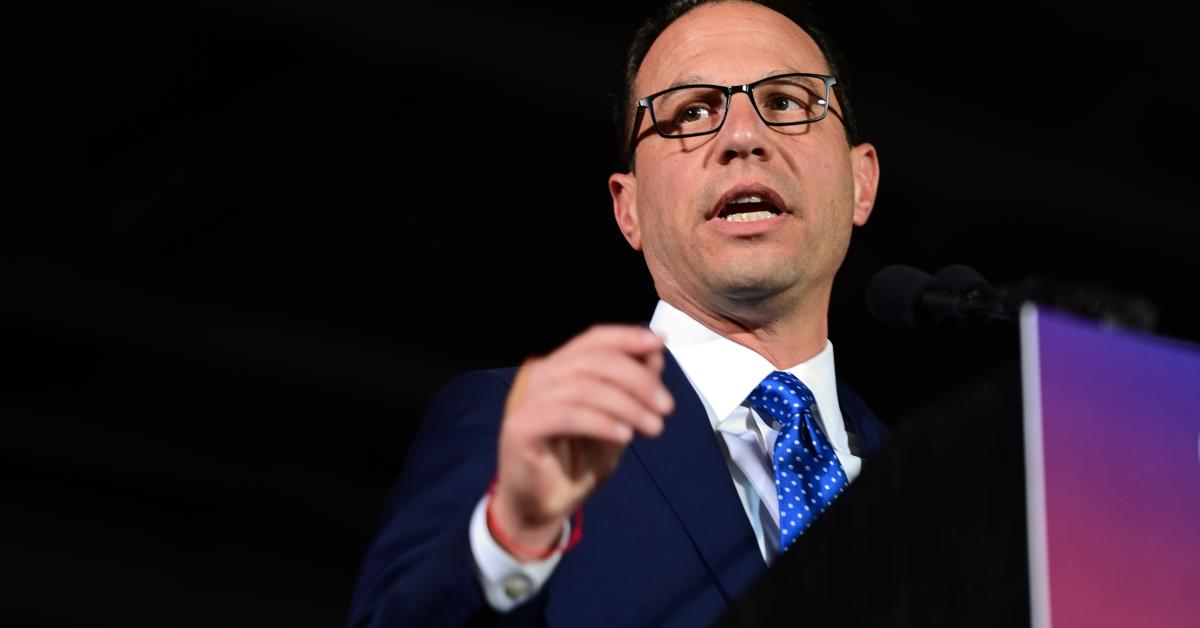Almost half of registered voters in the U.S. are not in favor of cutting federal funds from the Public Broadcasting Service (PBS) and National Public Radio (NPR), as revealed by a recent survey from the Napolitan Institute. On the flip side, 39% support the idea of slashing government support for these broadcasters. Interestingly, the survey highlighted that 33% are strongly against the cuts, while 23% are in strong support.
President Donald Trump recently issued an executive order, directing the Corporation for Public Broadcasting to halt taxpayer funding for PBS and NPR. These popular networks have often been accused of harboring a liberal bias, which has long been a concern for conservatives. The president’s directive emphasized that NPR and PBS no longer fulfill a necessary role with so many private media alternatives available today.
The survey, conducted with 1,000 registered voters on May 20-21, comes with a margin of error of about +/- 3.1 percentage points. This move from the president has been met with mixed reactions, reflecting the divided opinion of the American public. While some see this as a long-overdue step, others are worried about the impact on educational and cultural programming.
Fox News and other conservative outlets have reported extensively on the perceived bias at NPR and PBS. Many conservatives argue that these networks have not provided balanced coverage over the years. They believe that taxpayer money should not be spent on media that leans away from conservative values.
The New York Post has highlighted how this decision aligns with the administration’s broader goals of reducing unnecessary government expenditure. Supporters of the cut argue that with numerous private media platforms available, federal funding for these public broadcasters is redundant. This perspective is rooted in the belief that the government should not fund media that does not cater to all political views equally.
On the other hand, critics argue that PBS and NPR offer invaluable educational and cultural content that is not readily available elsewhere. They contend that public broadcasting services have played a crucial role in providing quality programming to Americans who might not afford cable or digital services. The debate underscores the broader discussions about government spending priorities and media fairness.
Newsmax reports suggest that some Republicans are rallying behind the president’s decision, viewing it as an opportunity to redirect funds to more pressing needs. They argue that in the current media landscape, taxpayers should not be funding organizations that do not represent the full spectrum of political opinions. This aligns with the conservative belief in smaller government and reduced federal intervention.
The ongoing discussions around this issue reflect a deeper ideological divide in America. For many conservatives, this is a chance to challenge the status quo and push for changes that align with their vision of fair media representation. While the debate continues, it is clear that this decision has sparked a significant conversation about the role of public broadcasting in today’s society.
Supporters of the funding cuts argue that it’s time for these networks to adapt to the competitive media environment. They insist that NPR and PBS should rely on private funding and sponsorships like other media entities. This view is consistent with a free-market approach, emphasizing competition and self-reliance.
The broader implications of this decision are being closely watched by both supporters and opponents. As discussions unfold, the focus remains on how public broadcasting will navigate this potential shift in funding. The situation highlights the ongoing tensions between public service and private enterprise in the media sector.
The president’s decision has also sparked conversations about the future of educational programming. Many wonder how this will affect the accessibility of quality content for underserved communities. As debates rage on, the emphasis remains on finding a balance between fiscal responsibility and cultural enrichment.
In light of these developments, the conversation around media funding is likely to continue. Stakeholders from both sides are eager to see how this will impact the broader media landscape. The focus is on ensuring that media remains diverse and representative of all viewpoints.
As the dust settles on this decision, the role of public broadcasting in America remains a hot topic. Many are watching closely to see how PBS and NPR will adapt to these changes. The emphasis is on ensuring that these networks continue to offer valuable content without relying on taxpayer funds.
This decision by the president is a significant moment for public broadcasting in America. It challenges traditional funding models and asks tough questions about taxpayer support for media. The outcome of this debate will likely shape the future of public broadcasting for years to come.



